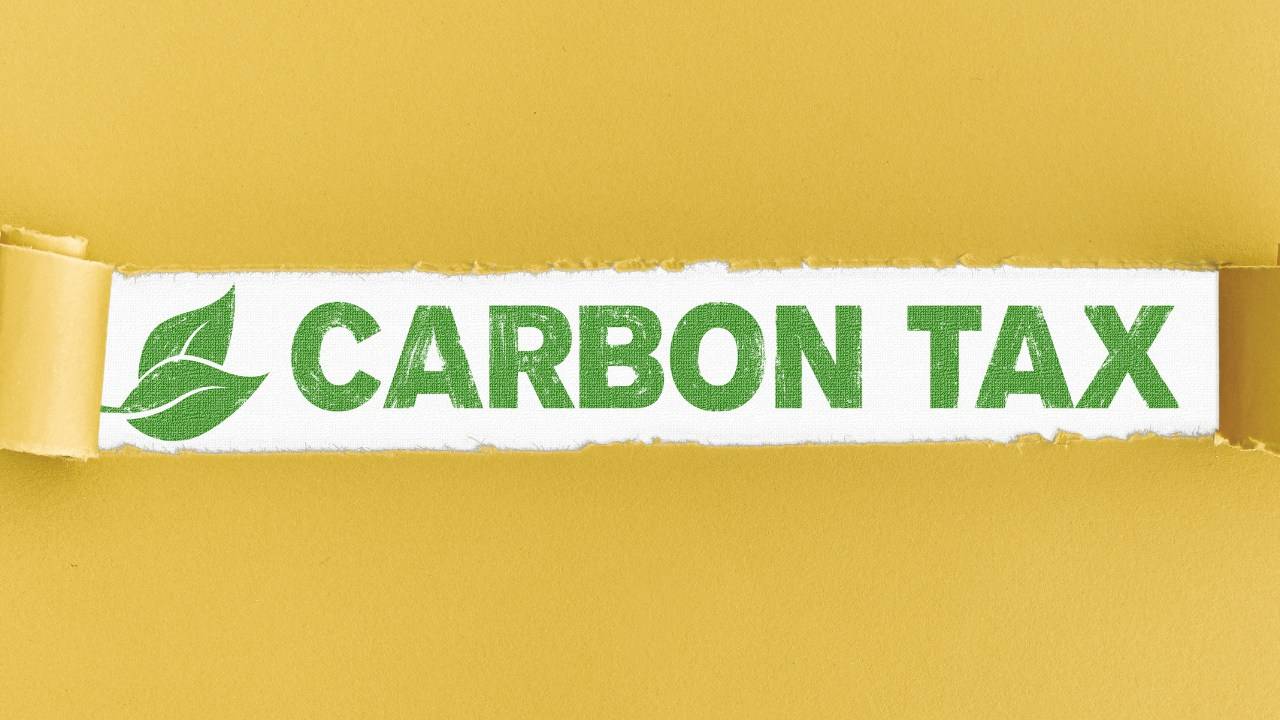The governments of EU members have reached a deal on the world’s first major carbon border tax as part of the bloc’s aim to become carbon neutral by 2050.
The Carbon Border adjustment Mechanism adds a pollution price on certain imports to the EU. Carbon-intensive industries inside the bloc must follow strict emission standards.
According to CNN, the tax is designed to ensure those businesses are not undermined by competitors in countries with less stringent rules.
It also disincentivizes EU companies from moving production to more tolerant countries, something that EU lawmakers refer to as “carbon leakage.” Under the new mechanism, companies will need to buy certificates to cover emissions generated by the production of goods imported into the European Union based on calculations linked to the EU’s own carbon price.
Companies will have to buy certificates to cover emissions generated by the production of goods imported into the EU.
The legislation will apply first to iron and steel, cement, aluminum, fertilizers, electricity, and hydrogen production, before extending to other industries.
Also, it discourages EU companies from moving production to more tolerant countries — a.k.a. “carbon leakage”.
On the other hand, the plan has faced criticism from countries including the US and South Africa.
There are a lot of concerns coming from those countries about the impact of those measures on their manufacturers.
More inspiring green news similar to this:


